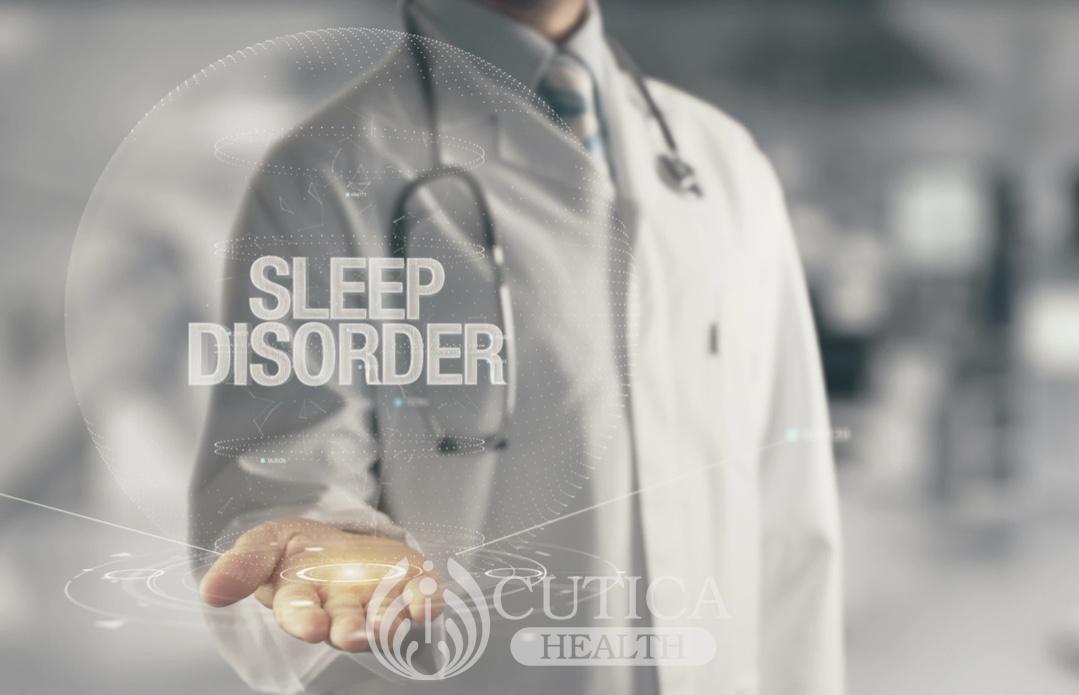
Recently, she decided to share her feelings with a close friend and let it all out.
“But you have wonderful parents and a great job girl, what more do you want at age 24?! I think you need to go out more or get a boyfriend, okay? It’s nothing,” her friend spoke.
“She doesn’t get it…she just doesn’t get it,” Jade thought.
“I know my life seems perfect, yet I feel empty,” Jade finally said.
Depression

Depression is a mental disorder characterized by persistently low mood, low energy levels, feelings of worthlessness and hopelessness. Many depressed individuals lose interest in their education, family, work, and ultimately their lives, leading to suicidal tendencies.
Signs and symptoms

Individuals with depression usually experience these signs and symptoms:
- Loss of interest in school or work.
- Self-isolation from people, even loved ones.
- High level of irritability: People experiencing depression often feel irritable and don’t mind lashing out words that could hurt the feelings of others.
- Having a feeling of emptiness and unexplained sadness every brand new day.
- Inability to forget the past and forge ahead: People with depression often feel guilty for previous mistakes, even if the event was no fault of theirs. For many, guilt about previous happenings is typically what sets off depression.
- Concentration, thinking, decision-making, and remembering important events get difficult.
- Insomnia or oversleeping: Some can’t sleep because of the various thoughts going on in their minds, while others would rather sleep to numb the thoughts and feelings of sadness.
- Lack of will to live and reduced drive to do activities they once loved.
- Self-injury: In severe cases, depression could lead to self-harm, including cutting or burning some of their body parts. Some people with depression believe self-injury results in physical pain that helps to mask the emotional pain they experience.
- Abnormal changes in appetite: Depression could lead to changes in appetite. While some may lose interest in food, others may eat more frequently.
Causes

The cause of depression is not quite clear; however, there are some factors which lead to or trigger it. These include:
- Childhood trauma: Abuse, whether physical or emotional, can cause detrimental changes to the brain of a child. These changes increase the chance of such a person having depression.
- Traumatic experience: Loss of job, death of a loved one, or illness can trigger feelings of depression
- Family history: A history of depression in a family member may increase your risk of having it in the presence of other provoking factors.
Treatment
Depression is treated in a combination of ways. Your healthcare provider may refer you to a licensed mental health professional to help you overcome your symptoms. Your doctor may offer drugs that help to relieve your symptoms, called antidepressants, and therapy sessions to help you understand why you feel the way you feel and how you can change those feelings.
In severe cases, some patients may undergo electroconvulsive therapy, a procedure that involves sending electric currents through the brain to trigger a seizure. This procedure helps in relieving symptoms of depression. Don’t suffer in silence. If you’re feeling depressed, let it out and tell someone about it.
Leave a comment
Your email address will not be published. Required fields are marked *












